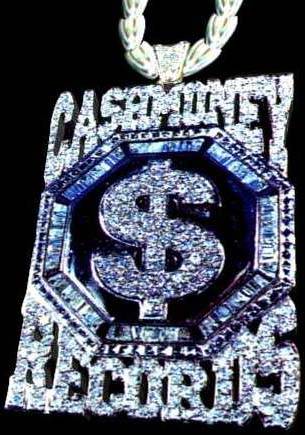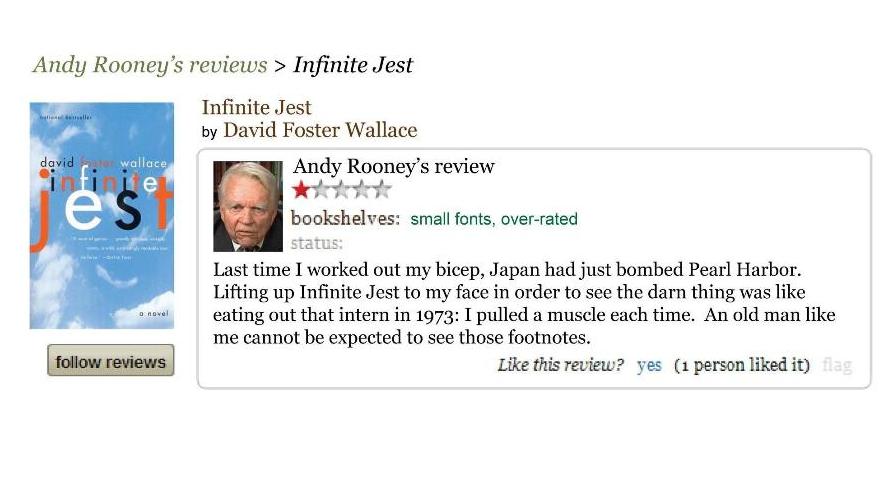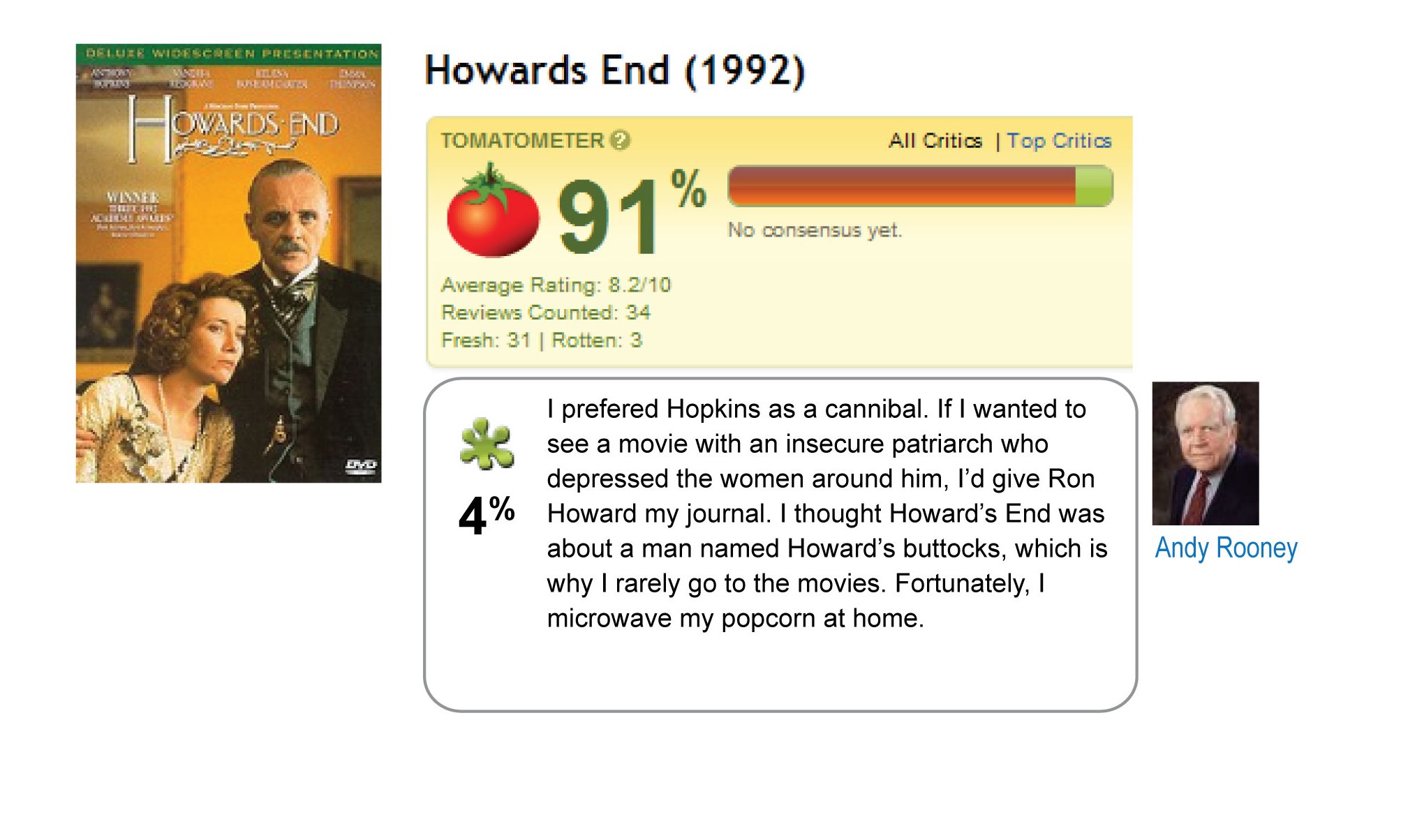CASH MONEY CONTENT

“We think we can do more, market books in a new way,” said Bryan “Birdman” Williams, the younger of the brothers, who is also a rap artist on their independent music label. “We want to put out five or six books a year.”
Four! Mark Neely Interview.
Lately chapbooks design/appear more glow than many book-books. Example winner of Concrete Wolf contest. Interview below:
The Food Network has perfected the cooking show by turning it into soft porn. The hosts actually moan when they taste what they have made. And although the chefs on the show are grating their own horseradish and making their own sausage, most of the commercials are for American cheese slices and frozen dinners. That doesn’t seem common to me. It seems insane.
No matter how hard humans try and wall ourselves off from the natural world, we still have mites living in our eyebrows.
Online publishing is young. Like a young person it is energetic, cocky, innovative, various, unstable, and full of shit. I’m excited to be around to watch it grow up.

The new newest edition of H_NM_N bursts with booty: doubloons, medallions, other metaphorical treasures, etc.
Including stellar stuff from the home team: Amy McDaniel and Alexis Orgera, plus some wildness from William Walsh, some wtf goodness from a new-to-me writer named Sutherland Douglass who I am now putting on my “watch for stuff from this writer” list, and also being added to that list is another new-to-me writer named Kirsty Singer whose poems I found tremendous.
There’s heaps of other good stuff, too. You should check it out.
“Rousseau was categorically convinced of the existence of vampires.” –David Markson
So I’ve been thinking a lot on naive art, a term people don’t use no more, and how it relates to writing. Rousseau is talked at a lot in Markson’s This is not a novel, the main character of which is named Writer. It’s hard to tell though, which one he’s talking about — Henri or Jean-Jacques — unless of course you know who Le Douanier was. It’s interesting too to think on the distinction(s) between folk art, outsider art, primitive art, and the art of children or the mentally ill. Because there is a difference apparently according to Anatole Jakovsky and other people at least there was, the differences some of them anyway being that naive artists produce a color palette which is harmonious if different from that of the usual whatever. The compositions are balanced and interesting, even inspired, but not executed as people are taught in art school. I don’t buy this.
Why Do We Hate Money?

The Kenyon Review announced (today, recently, I’m not sure) that their short story contest would be funded by Amazon. Did you know that Amazon is now offering grants and supporting literary magazines and other nonprofits? I didn’t. People are reacting. There’s a lot of skepticism and concern. The reaction is understandable. Amazon.com has exhibited some questionable business practices. Their ambition is naked and their willingness to dominate the sale of, well, everything, is amply documented. My co-editor and I e-mailed about this and we both expressed some uneasiness about the idea but then I said, “I don’t mind Amazon’s dirty money.” Then I thought, “Why is their money dirty?” Is there any such thing as clean money? Everything associated with money is in some way a little bit corrupt.
In The Daily Rumpus last week (or the week before last, I’m not sure), Stephen Elliott asked about advertising and if that was something The Rumpus should consider and I e-mailed him and essentially said, “Hell yes you should bring advertisers on board.” I couldn’t believe that capitalizing on a revenue opportunity was something worth questioning. Then I felt like a greedy capitalist and I was mostly okay with that. I am offering tattoo space on my forehead to any willing buyers.
Sartre v. the Bombing of Billancourt

“Deleuze devoured Being and Nothingness over the course of the week, and on Sunday, he and Michel Tournier went to the Sarah Bernhardt Theater to see a production of Sartre’s The Flies. They were forced to leave the theater when a bomb alert sounded, but while the crowd rushed to the underground bomb shelter, the two friends decided to ignore the warning and enjoy the lovely sunny afternoon.
‘We strolled along the quays in a totally deserted Paris. The city was completely empty. Night in mid-day. Then the bombs began raining down. The RAF was targeting the Renault factories in Billancourt. . . . We have nothing to say about this mediocre event. We were only concerned with Orestes and Jupiter struggling with the “flies.” The sirens sounded, the bomb alert was over a half hour later, and we returned to the theater. The curtain rose. Jupiter-Dullin was there, shouting for a second time, “Young man, do not blame the gods.”‘”
– Francois Dosse, Gilles Deleuze & Felix Guattari: Intersecting Lives, pp. 93-94 (Columbia U. Press, 2010)
Conserve your brain: don’t wear that hat!
 I went to a party a few weeks back, and a friend of mine had on the most dazzling head garment. Every time I looked at her head, I was fascinated. And still, I was taken aback when I learned its name: the fascinator. The double entendre is complete in the fact that it both fascinates and is fastened. I love puns.
I went to a party a few weeks back, and a friend of mine had on the most dazzling head garment. Every time I looked at her head, I was fascinated. And still, I was taken aback when I learned its name: the fascinator. The double entendre is complete in the fact that it both fascinates and is fastened. I love puns.
Look at this fascinator to your right. Isn’t it fascinating? Couldn’t you look at this for hours? Now, imagine seeing this on a person. What could you possibly say that would be as fittingly fascinating? I would feel lost before I could even speak.
 A few weeks back, I had a conversation with the fabulous Molly Gaudry about hats. She was looking for a hat to top off (pun!) her reading “costume.” I made a plea for her to go with a birdcage with veil, which is a hot trend right now—as evidenced in their proliferation in clothing stores such as Forever 21—but she decided to go a hat with more pizzazz.
A few weeks back, I had a conversation with the fabulous Molly Gaudry about hats. She was looking for a hat to top off (pun!) her reading “costume.” I made a plea for her to go with a birdcage with veil, which is a hot trend right now—as evidenced in their proliferation in clothing stores such as Forever 21—but she decided to go a hat with more pizzazz.
But these two conversations made me think more about hats.
Expired Domain Girl

(c. 2005 - 2008)
When I couldn’t find a website, I would often find her, which judging by the mission architecture and soft golden light, puts her somewhere in California. You may have seen her too, Expired Domain Girl, most likely at her college campus between classes, the weight of Econ 101, Art History, and some granola on her shoulders. The trace of red on her backpack suggests an enrollment at Stanford, a fine university nuzzled in the south bay with Google, Apple, and other centers of the virtual world. Of course, she’s a model, though a “modest face” model; not a high society model to make you feel bad, but one whose common features serve to ingratiate with the regular folk, meaning, you. Her blondness is “dirty blonde,” an odd phrase considering the assertions of Aryan purity, as if the sequence of her hair’s low- and high-lights is a slow corruption over time, the cross-breeding American Pâté of Europe’s liver. I’ve always found the benign placation of her half smile saying “sorry, that website is dead” arbitrary, yet prophetically sullen; for she too, now, is a thing of the past. I went searching for her, paradoxically looking for dead sites, hoping to come across her. In failure, I googled “expired domain girl” and found her, still there, the same locked pose, like a slice of inertia on a slide. I hope she got that B.A. or B.S., maybe then a Master’s or PhD. She probably has a ring on her finger, a more relaxed labia through which two craniums transgressed, and maybe a few wrinkles on her face. Her favorite painting in that 2 lbs. art history book is now a $25 print in her kitchen, which is how art is both beautiful and sad. Life happens like Proust: meaningful in theory, most of the time boring, and then we find out it was all gay. On my death bed, propped up with the bloated surrender flag of my last pillow, may my nurse look just a little like her. We’d talk about the weather, and she’d say it was nice out that day.




